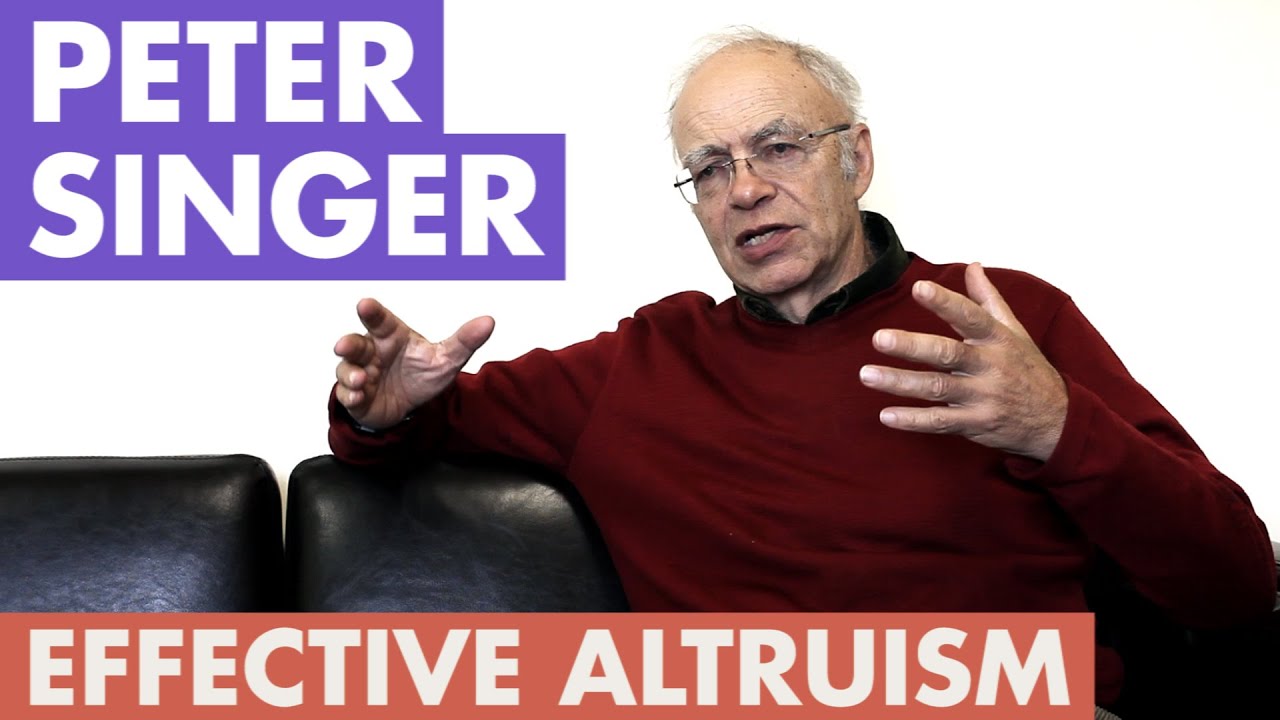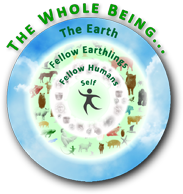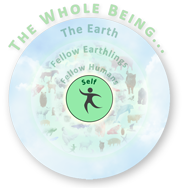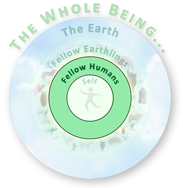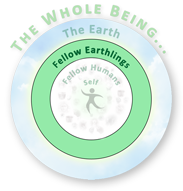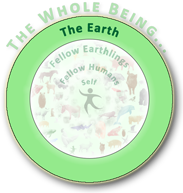Resource Library
To narrow down the list to only resources personally endorsed by CNCL, tick the “CNCL-Endorsed” box.
Please let us know if you find any errors or dead links.
Click here
for a list of…![]()
Broad-Coverage Independent News
& Media Sites
Book: “A time-tested paradigm for healing relationships and keeping them healthy, Peacemaking Circles explores how communities can respond to crimes in ways that address the needs and interests of all those affected – victims, offenders, their families and friends, and the community. Based on indigenous teachings combined with current research in conflict resolution, the Circle process described here builds an intentionally safe space where we can bring our best selves to some of our most difficult conversations. Though the book relates the process to criminal justice, the explanantion of Circle philosophy and practice can be readily applied to hurts and conflicts in other areas of life. Above all, the book offers a grounded vision for how we can be together “in a good way,” especially when it seems hardest to do.” “PeaceVoice is a program of the Oregon Peace Institute. We are devoted to changing U.S. national conversation about the possibilities of peace and justice and the inadvisability of war and injustice. We believe that nonviolent conflict transformation from destructive to constructive —peace and justice by peaceable means—can help shape public discourse and thus, ultimately, public policy.” “The Peace Foundation Newsletter. Promoting peaceful relationships through education, research and action” Book: “First published in Portuguese in 1968, Pedagogy of the Oppressed was translated and published in English in 1970. The methodology of the late Paulo Freire has helped to empower countless impoverished and illiterate people throughout the world. Freire’s work has taken on especial urgency in the United States and Western Europe, where the creation of a permanent underclass among the underprivileged and minorities in cities and urban centers is increasingly accepted as the norm. With a substantive new introduction on Freire’s life and the remarkable impact of this book by writer and Freire confidant and authority Donaldo Macedo, this anniversary edition of Pedagogy of the Oppressed will inspire a new generation of educators, students, and general readers for years to come.” “Maintaining a healthy environment, a stable climate and prosperous communities requires collaboration, evidence-based decision making and innovative solutions…The Pembina Institute is working to solve today’s greatest energy challenges — reducing the harmful impacts of fossil fuels while supporting the transition to an energy system that is clean, safe and sustains a high quality of life. We provide our expertise to industry and government leaders, and we advocate for a strong, science-based approach to policy, regulation, environmental protection and energy development. It’s time to transition to cleaner energy systems. “ “People Against Wylfa-B (PAWB is the Welsh word for ‘everyone’) was established in the 1988 to oppose a second nuclear power plant at Wylfa, Anglesey, Wales.” “Animals are sentient beings. Yet they suffer millions in animal experiments, in industrial agriculture, in slaughterhouses, farms, zoos, circuses, in hunting, and as “domestic animals”. To end this mass suffering, we must finally give the animals their elemental rights – their rights to life and physical integrity, equal treatment and freedom. Our long-term goal: The human-animal relationship must change fundamentally.” “People for the Ethical Treatment of Animals (PETA) is the largest animal rights organization in the world, with more than 6.5 million members and supporters. PETA focuses its attention on the four areas in which the largest numbers of animals suffer the most intensely for the longest periods of time: in laboratories, in the food industry, in the clothing trade, and in the entertainment industry. We also work on a variety of other issues, including the cruel killing of rodents, birds, and other animals who are often considered “pests” as well as cruelty to domesticated animals. PETA works through public education, cruelty investigations, research, animal rescue, legislation, special events, celebrity involvement, and protest campaigns.” “The People Power Manual has been created to support facilitators and educators working to help local action groups and social movements win environmental and social justice goals…The manual has been written primarily for educators, trainers and facilitators who are looking for processes to use in their activist education work. We don’t expect people will read the guides cover to cover like a book. Instead, we imagine most people will dip in and out of these pages. We’ve written the guides for readers who already understand the concepts and theory that the processes and handouts are based on. For those interested in further reading, each guide recommends our favourite books, manuals and online resources. Each guide also includes detailed workshop schedules.” “Working for energy efficiency, conservation, and clean renewable energy in Connecticut” “From the 23rd to the 26th of February of 1998, grassroots movements of all continents met in Geneva to launch a worldwide coordination network of resistance to the global market, a new alliance of struggle and solidarity called Peoples’ Global Action against ‘free’ trade and the WTO (PGA). That was the birth of this global tool for communication and coordination for all those who fight the destruction of humanity and the planet by capitalism and build local alternatives to globalisation. “ “At Pesticide Action Network (PAN) North America, we work to create a just, thriving food system. For too long, pesticide and biotech corporations have dictated how we grow food, placing the health and economic burdens of pesticide use on farmers, farmworkers and rural communities. PAN works with those on the frontlines to tackle the pesticide problem — and reclaim the future of food and farming. PAN North America is one of five regional centers worldwide. We link local and international consumer, labor, health, environment and agriculture groups into an international citizens’ action network. Together, we challenge the global proliferation of pesticides, defend basic rights to health and environmental quality, and work to ensure the transition to a just and viable food system.” “We all have the right to clean air, clean water and a safe food supply. But we find pesticides in our fields, forests, lawns and ponds. When bureaucracies are slow to respond and chemical manufacturers and agribusiness block progress, Pesticide Watch steps in to help. We’re here to help you protect your community and family, and find solutions to pesticide problems.” Blog and News. “Animals are not ours to experiment on, eat, wear, use for entertainment, or abuse in any other way.” “It’s super-easy to help animals, no matter how old you are. Learn all about why you should help animals used for food, clothing, entertainment, and experimentation, plus how to protect companion animals and wildlife!” games, videos, quizzes, photos, activities, comics, food and more. “Are you ready to make a big difference for yourself, animals, and the Earth? Then PETA Prime is for you! Since 2008, PETA Prime has been a vital community of caring people who share their knowledge and experience to help you live a longer, healthier life, while making the Earth better for the people and animals who inhabit it. Our site features blog posts, book reviews, healthy recipes, travel tips, financial information, and compassionate ideas galore. Come share ideas and resources about health, your home, and your activism. We want to hear about your family, friends, companion animals, favorite animal-friendly recipes, health tips, travel experiences, penny-pinching ideas, and more! Let’s celebrate the wise people we have become and learn to make kind choices together.” “Animals are not ours to experiment on, eat, wear, use for entertainment, or abuse in any other way.” News, Vegan Life, App and Recipes “I am a professor of bioethics, with a background in philosophy. I work mostly in practical ethics, and am best known for Animal Liberation and for my writings about global poverty.” Project Syndicate: Articles by Peter Singer. “Peter Singer is Professor of Bioethics at Princeton University, Laureate Professor in the School of Historical and Philosophical Studies at the University of Melbourne, and founder of the non-profit organization The Life You Can Save. His books include Animal Liberation, Practical Ethics, The Ethics of What We Eat (with Jim Mason), Rethinking Life and Death, The Point of View of the Universe, co-authored with Katarzyna de Lazari-Radek, The Most Good You Can Do, Famine, Affluence, and Morality, One World Now, Ethics in the Real World, and Utilitarianism: A Very Short Introduction, also with Katarzyna de Lazari-Radek. In 2013, he was named the world’s third “most influential contemporary thinker” by the Gottlieb Duttweiler Institute.” “Peter Singer on Effective Altruism & Cause Prioritization…Effective altruism is a philosophy and social movement which applies evidence and reason to working out the most effective ways to improve the world. Effective altruists consider all causes and actions, and then act in the way that brings about the greatest positive impact. It is this broad evidence-based approach that distinguishes effective altruism from traditional altruism or charity.”Found 2072 Results
Peacemaking Circles: From Conflict to Community
PeaceVoice
![]()
Peaceworks Newsletter

Pedagogy of the Oppressed

Pembina Institute
![]()
People Against Wylfa-B
![]()
people for animal rights – federation of animal experiment opponents ev

People for the Ethical Treatment of Animals (PETA)
![]()
People Power Manual
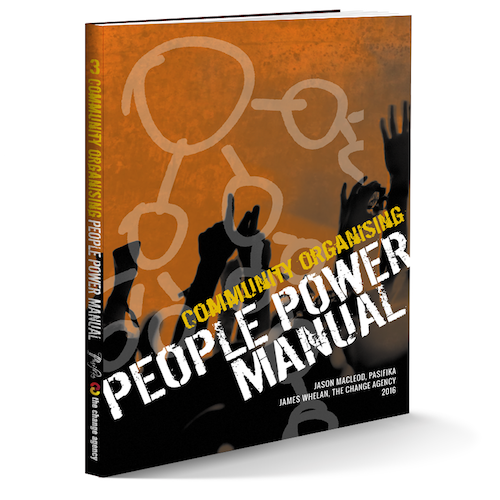
People’s Action for Clean Energy (PACE)
Peoples’ Global Action
![]()
Pesticide Action Network (PAN)

Pesticide Watch

PETA – News
![]()
PETA Kids
![]()
PETA Prime
![]()
PETA2
![]()
Peter Singer
![]()
Peter Singer – Articles
![]()
Peter Singer – Effective Altruism, an Introduction
